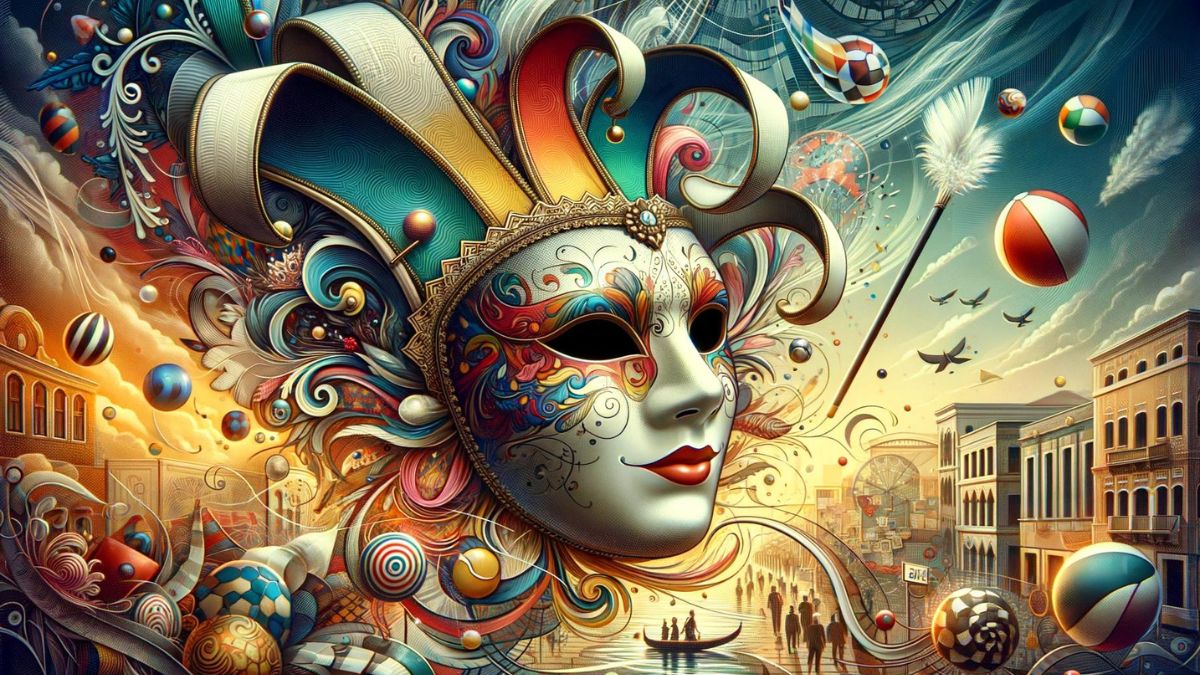
This Monday April Fools’ Day 2024 is celebrated, an ideal celebration for making pranks.
But ever wondered why this peculiar tradition is celebrated worldwide on April 1? Let’s dive into the origins, customs, and some curious facts about this day of mischief and laughter.
Why is April Fools’ Day Celebrated?
April Fools’ Day is celebrated to welcome the onset of spring with fun, jest, and merriment. It’s a day when people play harmless pranks on each other, embracing the unexpected with humor. The tradition celebrates the transition from the seriousness of winter to the playful abundance of spring.
How Do We Celebrate April Fools’ Day?
The celebration of April Fools’ Day varies widely among different cultures but revolves around a common theme: playing pranks. These pranks range from simple jokes, such as telling someone their shoelace is untied, to elaborate hoaxes that may involve multiple people or even media outlets. Some companies and newspapers have historically participated by publishing fake stories or products, adding to the day’s fun and unpredictability.
Origin of April Fools’ Day
The exact origin of April Fools’ Day is unclear, but it’s believed to have roots in various historical traditions and celebrations of spring. One popular theory suggests that it dates back to the change from the Julian to the Gregorian calendar under France’s King Charles IX in 1582. The new year shifted from the end of March to January 1. However, those who continued to celebrate the new year during the last week of March through April 1 became the butt of jokes and pranks.
Another theory points to ancient festivals such as Hilaria, celebrated in Rome at the end of March by followers of the cult of Cybele, which involved people dressing up and mocking fellow citizens and magistrates. It was believed that by disguising themselves and acting foolishly, they could evoke the benevolent forces of nature to ensure the coming of spring.
ALSO READ. When are the 600 Family Dollar Stores Closing?
Who Created April Fools’ Day?
No single person or entity is credited with creating April Fools’ Day. It appears to be a tradition that evolved over several centuries, influenced by cultural and social changes across Europe and eventually spreading to other parts of the world. The widespread nature of April Fools’ Day suggests that it taps into a universal human enjoyment of humor and playful deception, resonating with people across different ages and cultures.
As April 1 approaches this 2024, it’s a reminder that laughter and joy can be simple yet profound ways to connect with one another, celebrate life’s unpredictability, and welcome the renewal and growth that spring symbolizes. Whether through a simple joke or an elaborate prank, April Fools’ Day encourages us to laugh together, reminding us not to take life too seriously.









